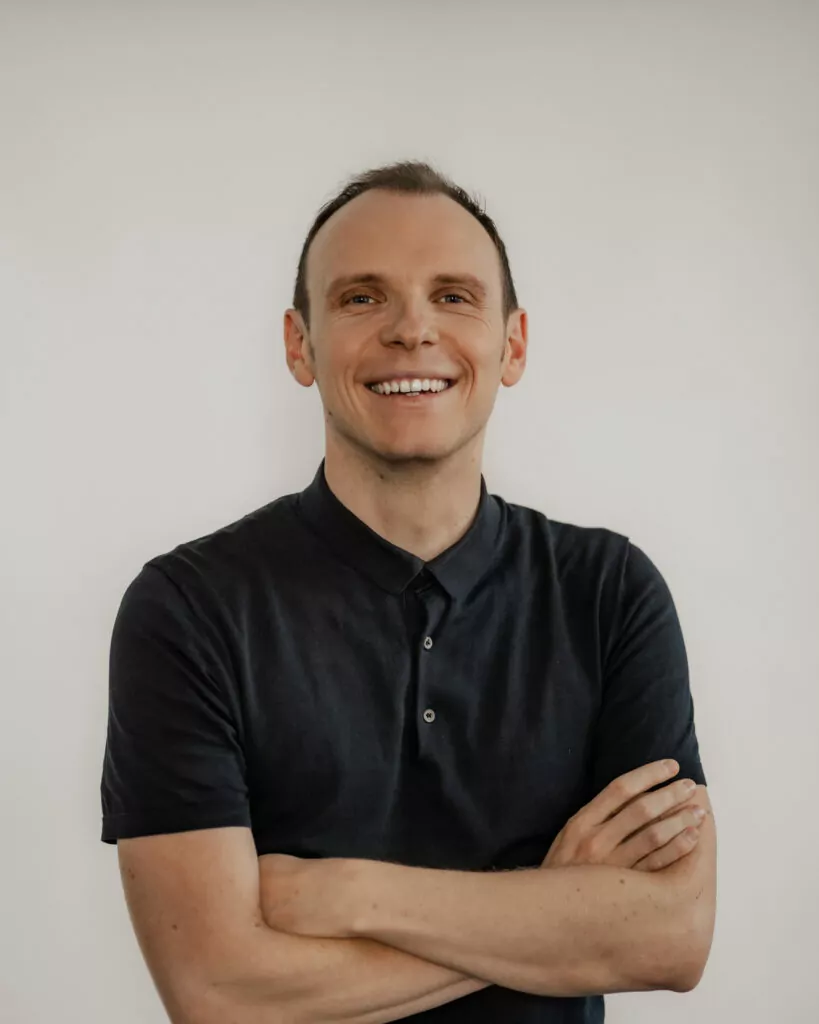It’s easy to forget how powerful words can be. I sure do sometimes. But people on my team give me feedback on the words I use and how I use them. I get a different resonance when I consciously frame my articulation of the topics I care about.

The power of language in shaping perceptions and influencing behavior can not be underestimated. Jonah Berger, a marketing researcher I met at Wharton Business School in 2011 wrote a book about these magic words. But as countercultural magazine Adbusters aptly points out, “what we talk about and how is as impactful on the mental environment as our behavior is on the natural environment.”
One reminder I find helpful is the 2019 decision of The Guardian to switch from using climate change – a term that was invented by PR consultants in the 1970s to soften the public perception of the threat – to using climate crisis. The word crisis evokes a sense of emergency, underscoring the need for immediate action to mitigate the devastating effects of climate change. Choosing to pick starker descriptions of our well-researched reality is helping to understand this reality. Journalism plays a big part in this. Catastrophic events or threats should not be described in lobbyist language – it’s in our greater public interest. I keep looking back at this example of leadership in journalism.
On the other side, politicians and corporations use deliberate language to highlight or downplay certain intents or impacts of their actions. A recent PhD paper I read from the Vienna University of Economics and Business (WU) examines the legal implications of the vocabulary employed in sustainability reports of major corporations. Author Mirja Kemppi-Pfleger notes these reports discuss “strategies [that] are largely promotional, highlighting the companies self-declared successes, whereas others relocate the action to other stakeholders and to the future”. The study also says that the reports “include a small, but important section that could be seen as a form of greenwash. The specificity of such legal disclaimers on forward-looking statements […] varies from more general to very detailed ones that often list words and phrases that may be used to refer to the future. According to V.K. Bhatia (2012b, 88), companies use them to systematically disclaim everything that the reports claim about the future. This could be seen as a way of ensuring unaccountability”.
Let that sink in.
I did. And turned to my field of work next.
In copywriting, we spend most of our days wrestling with words. They are the gold we try to dig out – the perfect line.
Many times though, the copies are a little dull. Let’s be honest. We keep repeating brand words, churning out endless variations of ad after ad after ad. Companies from various industries often incorporate terms like green, eco-conscious, or sustainable into their briefings. I’m both a villain and a victim. While the short-term intent may be to align with consumer demand for environmentally friendly options, the overuse and potential misuse of these terms is, at worst, deceiving consumers and diluting the significance of genuine sustainability efforts.
Real pioneers of circular economic models like my years-long client Werner & Mertz, the makers of Frosch and the standard eco brand from Germany and Austria, are facing an interesting marketing communication challenge: they have decades of proof of being a sustainable business, both ecologically and economically. This combination is key, because there’s still a sticky rumor that you can’t do both and have to sacrifice one of the two, you can’t be financially healthy and climate-conscious at the same time. But despite proving this to be possible since the 1980s, they’re constantly at risk to be overrun in the marketplace by global competitors with big claims but little to show.
CEO Reinhard Schneider wrote an extensive book called The Distraction Trap (Die Ablenkungsfalle) which is full of such examples. Without the book, many claims would be left unchecked.
What I learned is that being specific and sceptical about the phrases people use is a conflict worth having. I want everyone to do the same with what I say. The words you pick to describe an issue can shape public opinion, determine policy decisions, and motivate action. So next time: choose them wisely.

